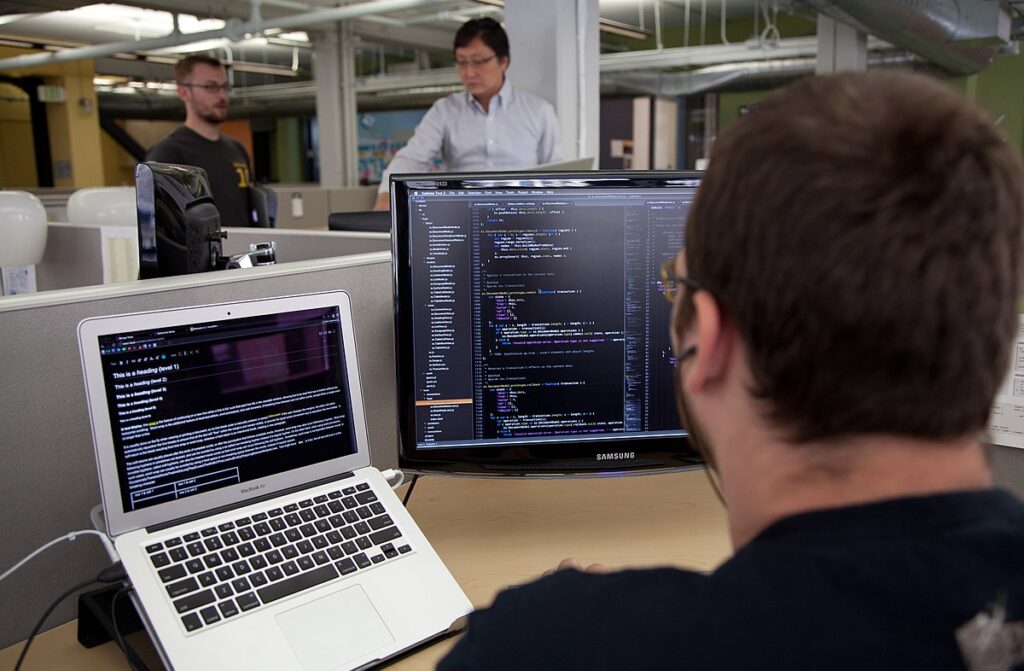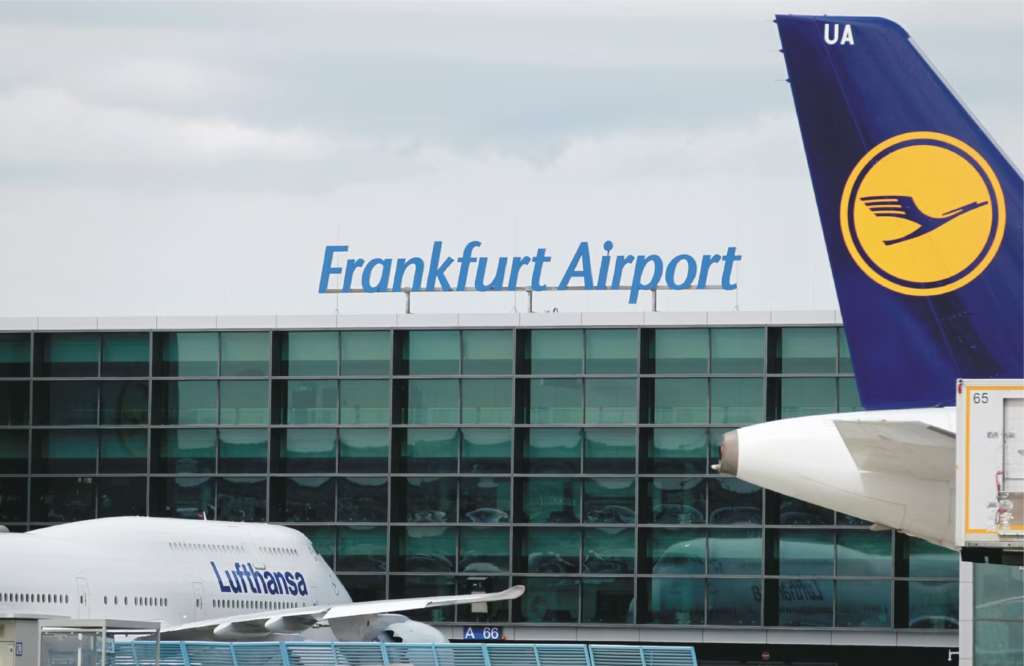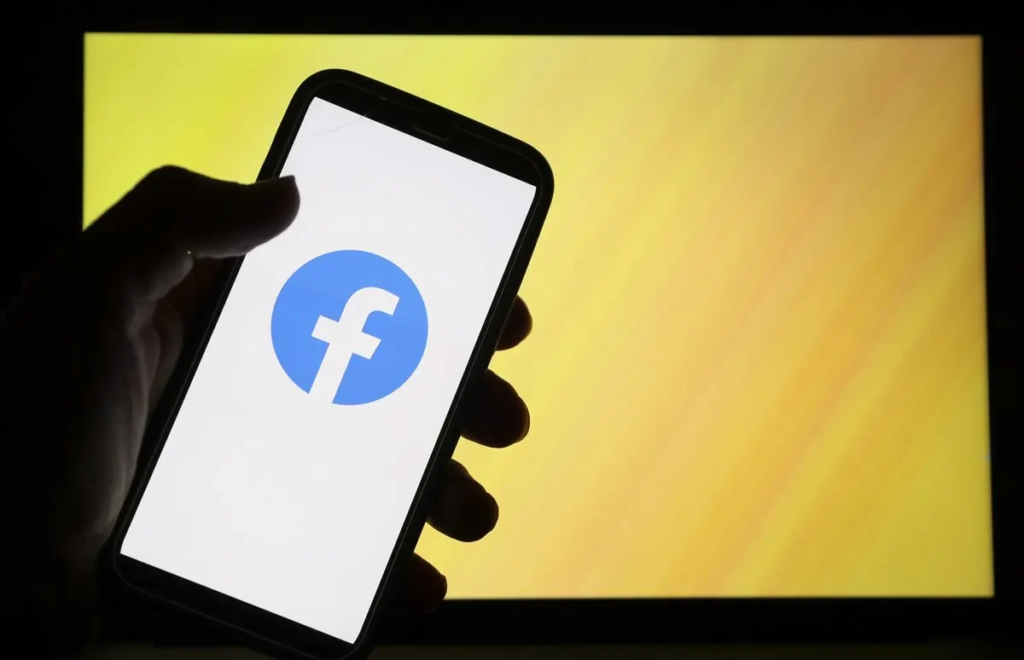Those Bugs That Cost Millions of Dollars
Sometimes a small error or bug can be responsible for very serious damage. In this article, we'll look at some of the types of mistakes that are made when creating/using software that have been responsible for millions of dollars in damage. The Morris Worm is one such case. A "worm" is an autonomous malware computer program that multiplies and spreads to other computers. This was a very short but dangerous bug initially written by a graduate student called Morris. Its popularity gained emphasis as it inspired the introduction of a new layer of computer security - Internet security. This was the first worm to invade the internet and damage another computer without a cable or physical means, programmed to exploit weak passwords and phrases. The "Y2k" bug is also another such example. At least in a direct way, this bug was not responsible for millions of dollars spent, but it did cause countless costs due to the fear it caused in people. With the arrival of the year 2000, a large part of humanity was afraid of a mistake that had been made in previous decades. To understand this bug, it is necessary to understand the metric system we have now and the one that existed before to calculate everything related to time, including research, statistics, etc. Nowadays, the whole system is changed to a constant year number (date). The number of the year we live in is, of course, 2022 and the computer considers it to be 2022, however, this is not how numbering worked before: Before the advent of computers, people didn't have a long-term thought process about how dates could be numbered, and so until now only the first 2 digits of the date of the year in which they lived were used. This means that, for someone living in 1998, the computer would only consider 98 to be the important part and would discard the other 2 digits. So, from the year 2000 onwards, many people thought that the numbers would start to overlap and that computers would start to transmit incorrect information, leading to a certain desperation and urgency to buy or sell this hardware. However, the reality is that none of this actually happened. In the first few days, the vast majority of companies simply changed their date systems and the way they process them, and everything went back to normal. It is estimated that all this fear is responsible for a loss of more than 1.2 million dollars and that, if this bug had actually occurred as expected, this loss could have reached 200 billion dollars. Finally, "Mt. Gox" - the world's largest bitcoin transaction in the 2010s, until it was hit by a software bug that proved fatal. The problem revealed itself every time a money transaction took place: the request would be sent to the servers, but due to an error in the program, the transaction would end up not taking place, thus causing an estimated loss of 1.5 million dollars for the senders and recipients of these sums. The original article via Medium can be read at: https://fadingeek.medium.com/worst-computer-bugs-which-costed-millions-of-dollars-8eb1f34b5ba6
Those Bugs That Cost Millions of Dollars Read More "










